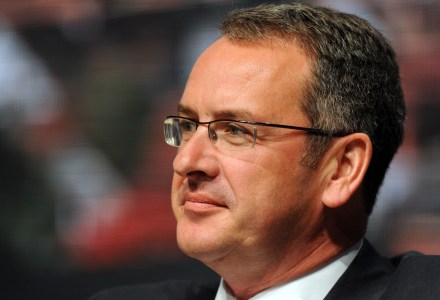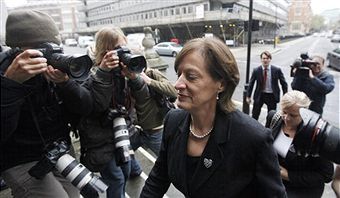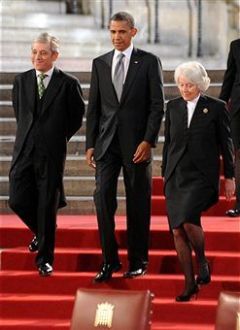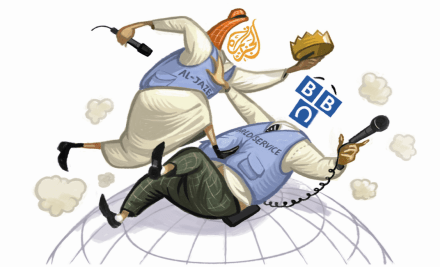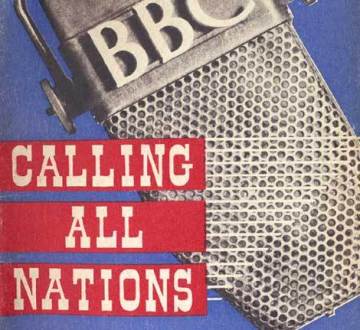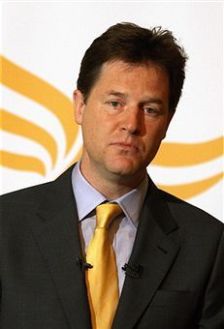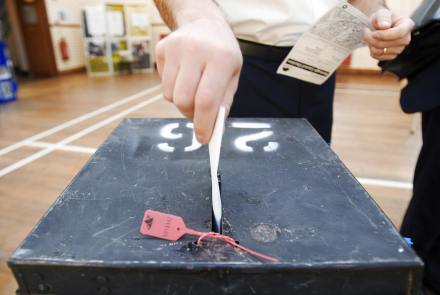Parliament and Mob Rule
You’d need a closed heart not to feel great sympathy for the family of poor Milly Dowler. Her killer Levi Bellfield is a vile, appalling creature and one can understand why the Dowler family would wish him executed. Many will share their sentiments. Among them is Guido who writes: The political class complains that the public is disengaged, could that be in part because there are a number of issues where the political class refuses to carry out the wishes of the people. All polls since 1965 when hanging was abolished show that there is majority support for capital punishment, yet there is no majority for it in parliament. It


